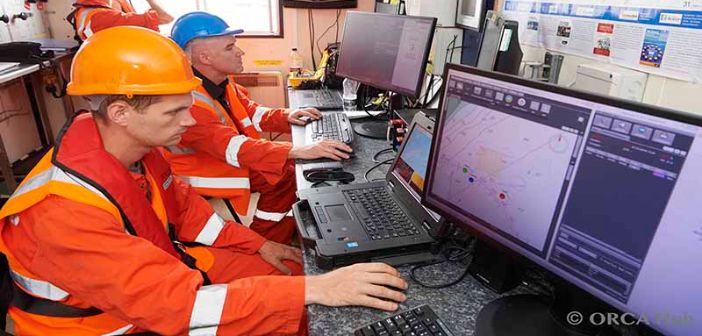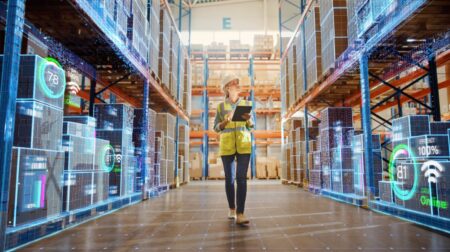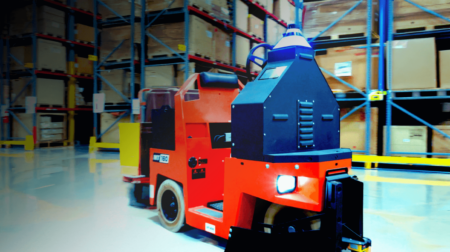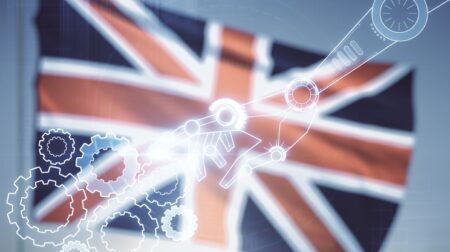Autonomous robots and humans will be able to speak the same language using a new system designed by researchers from the Offshore Robotics for the Certification of Assets (ORCA) Hub.
The consortium of five universities, led by Heriot-Watt and Edinburgh, has developed the Multimodal Intelligent Interaction for Autonomous Systems (MIRIAM) to allow machines and humans to communicate and understand each other’s actions in real time.
According to the team, the system allows users to ask robots questions, understand its actions and receive mission status updates through a digital twin. MIRIAM uses natural language and receives clear explanations of the robots behaviour in an intuitive way.
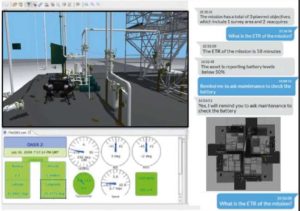
Supervisors can ask where the robot is going, what it plans to do next and why, and query data it has gathered during its missions. ORCA said it hopes MIRIAM will build confidence of those using robots and therefore increase adoption in the workplace.
MIRIAM will now be deployed by Total at its Shetland gas plant as part of the global energy company’s multimillion-pound research into autonomous capabilities with multiple robotic systems for work on offshore energy installations.
Kris Kydd, head of robotics at Total E&P UK, said: “This announcement is the first important step towards making the actions of autonomous robots clear and understandable, and this will allow them to gain the confidence of the wider workforce. Robots offer immediate advantages such as increased safety and efficiency. In the long-term, they offer us new ways of working and are limited only by our imagination.”
MIRIAM will be developed in partnership with engineering software firm Phusion and data science company Merkle Aquila.
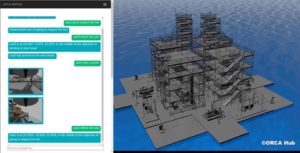
Phusion is supporting the project with the implementation of a master data model that will enable the framework for a digital twin of Total’s facilities. This will allow the creation of autonomous routines, enabling a robot to undertake maintenance checks and feedback results in a consistent manner to the digital twin – creating a single source of information for the operating asset.
Merkle Aquila has been working with the team to develop solutions using AI to extract maximum value from robotic image data and demonstrate the automation of manual human inspection using computer vision algorithms.
MIRIAM will be used by the Offshore Ground Robotics Industrial Pilot robot, which is designed to support exploration and production operations in harsh conditions such as extreme cold, arid climates and isolated locations.

